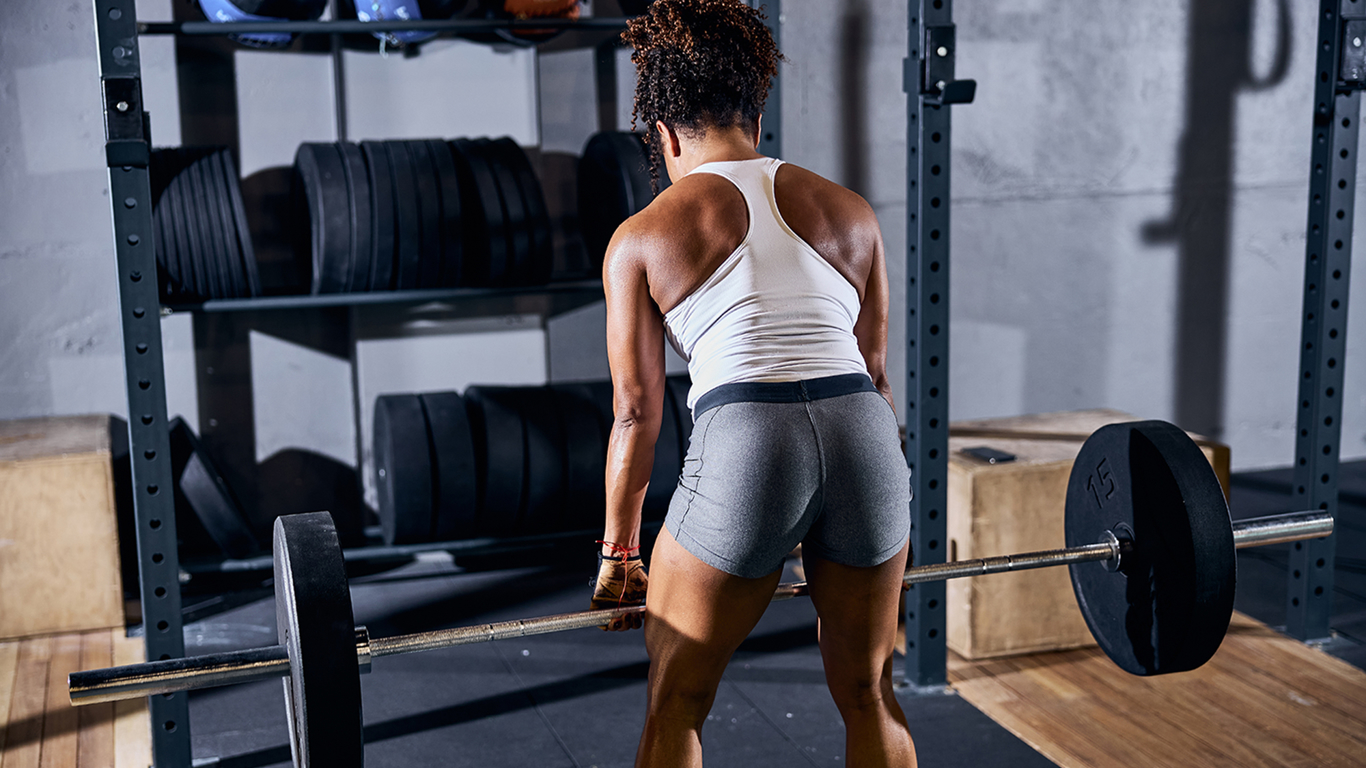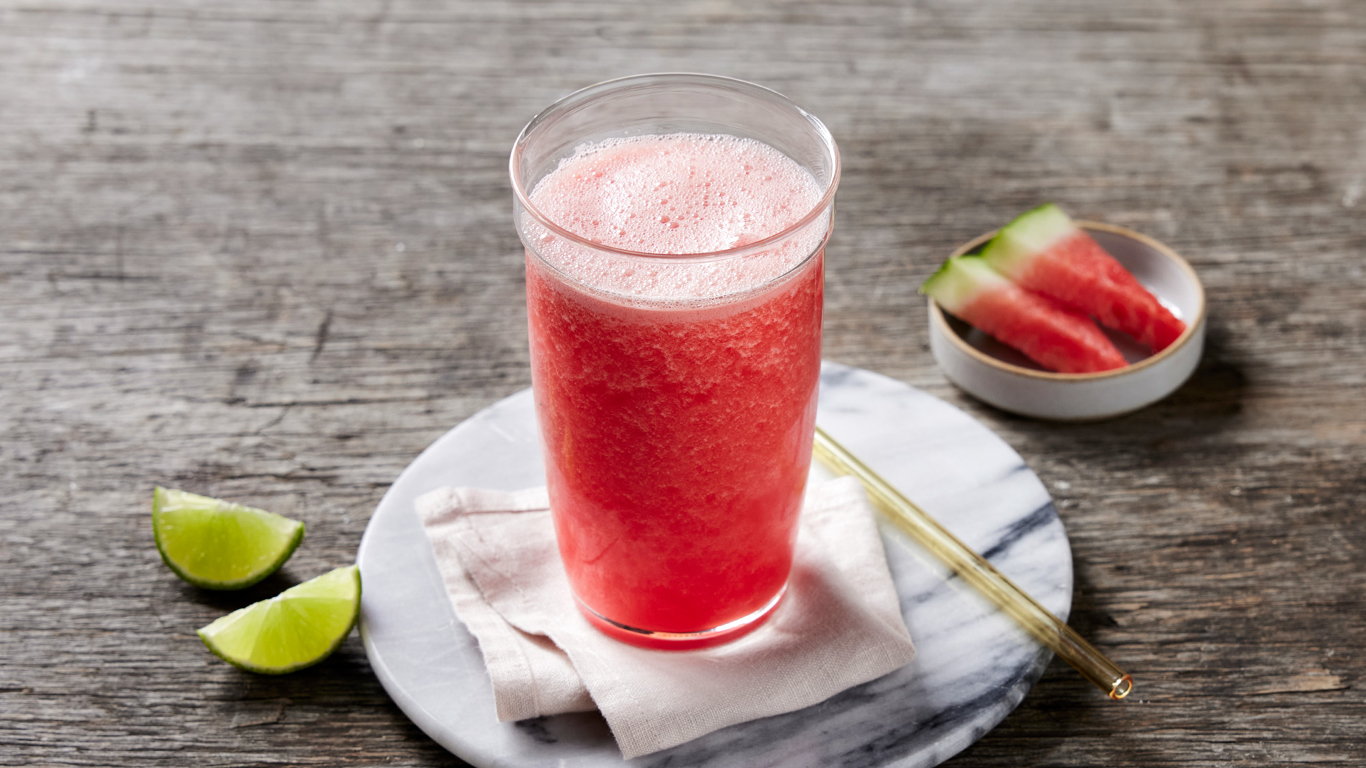Your body’s changing – and nothing feels like it’s working the way it used to. Weight seems to cling to your middle, your metabolism feels slower, and even when you train hard or eat clean, results can feel frustratingly out of reach.
These aren’t failures – they’re shifts.
Perimenopause and menopause bring real hormonal changes that affect how your body stores fat, builds muscle, uses energy, and recovers from stress.
That means the way you train and eat needs to shift, too – not because you’re doing something wrong, but because your biology is evolving.
If that sounds familiar, you’re not imagining it, and you’re not alone. With expert input from sports dietitian Angie Asche, we’ve gathered the best advice on adjusting your diet for this time of life. This guide to nutrition during menopause and perimenopause will help you fuel for strength, support your hormones, and train smarter without extremes or guesswork.
You’re not eating for a smaller you. You’re eating for a stronger you.

The most important parts of your menopause diet
Wherever you are in your menopause journey, these nutrition strategies set the foundation:
More protein to maintain/build muscle:
Estrogen decline accelerates muscle loss. Aim for 1.8–2.0 g of protein per kg of body weight per day.
Balance blood sugar:
Combine protein, fiber (a minimum of 25 g/day), and healthy fats at every meal to stabilize energy and reduce cravings.
Support recovery:
Refuel with protein and carbs within 60 minutes of training. Hydrate with water + electrolytes throughout the day.
Prioritize bone-supporting nutrients:
Focus on calcium (1300 mg/day), vitamin D, and magnesium for bone density and muscle function.
Limit foods that disrupt sleep and mood:
Reduce caffeine, alcohol, and added sugars – especially in the evening.
How to tailor your nutrition to your goal
Your Centr meal plan takes your goal, training load, and sex into account to deliver a macro-balanced week of delicious eating. And perimenopause or menopause shouldn’t change that.
Depending on your overarching goal, try layering these tips into your meal plan:
Lose Fat
- Prioritize nutrient-dense, high-volume foods: Choose foods that are low in calories but high in fiber and water content – like leafy greens, cruciferous vegetables, broth-based soups, and legumes. These fill you up without overloading calories.
- Keep protein high to retain lean mass: Eating more protein helps preserve muscle as you lose fat, which is crucial for maintaining a healthy metabolism.
- Reduce added sugars and refined carbs: These offer little nutritional value and can spike insulin levels, increase cravings, and lead to energy crashes.
- Practice mindful eating, especially in the evening: Hormonal fluctuations can trigger cravings and emotional eating – especially at night. Slow down, eat without distractions, and check in with your hunger cues.
Build Muscle
This is you if your goal on Centr is set to Build Strength or Gain Muscle.
- Spread protein intake evenly across meals and snacks: Have protein present in every meal. Aim for 20–30 g each time you eat.
- Time carbs around your workouts: Eat complex carbs before and after training to fuel performance and support muscle recovery.
- Ensure a calorie surplus on training days: Your body needs more energy than it burns to build muscle – fuel up if you want visible gains.
Improve Overall Fitness
This is you if your goal on Centr is set to Everyday Strength & Mobility, Stay Healthy & Fit, Get Toned, or Increase Cardio Endurance.
- Stay consistent with balanced meals: Prioritize long-term habits over quick fixes. Regular, balanced meals keep energy steady and support sustainable results.
- Focus on recovery nutrition and sleep hygiene: Rest and recovery are key to definition. Include post-workout fuel and aim for 7–9 hours of sleep.
- Prioritize maintenance: Toning isn’t about extreme fat loss or bulking – refine your current body composition with smart training and supportive nutrition.

Want the big picture on training and nutrition in perimenopause and menopause? Our complete guide answers all your questions.
Your menopause meal plan: A day on a plate
Here’s how a day might look depending on your goal:
If you’re focused on burning fat:
- Breakfast: Veggie-packed omelette
- Snack: Greek yogurt + berries
- Lunch: Lentil salad with leafy greens
- Snack: Protein ball + herbal tea
- Dinner: Grilled chicken with broccoli salad
If you’re trying to gain muscle:
- Breakfast: Banana & raspberry overnight oats
- Snack: Hard-boiled eggs + apple
- Lunch: Brown rice bowl with salmon
- Snack: Cottage cheese + almonds
- Dinner: Beef stir-fry with mixed vegetables
If you’re in maintenance mode:
- Breakfast: Chia-chai pudding
- Snack: Hummus + carrots
- Lunch: Tuna melt wrap
- Snack: Smoothie with spinach, protein, berries, and nut butter
- Dinner: Coconut tofu with peanut sauce
Want more mealtime inspiration? Explore some of our favorite recipe collections:

Try Angie’s Watermelon Sports Drink for a naturally sweet, electrolyte-rich drink.
Menopause myth-busting & FAQs
While you can’t “spot reduce” belly fat, you can reduce overall body fat and change your waistline with the right strategies. Focus on:
- Building and maintaining muscle through strength training and high-protein meals
- Managing blood sugar with balanced meals (protein, fiber, healthy fats)
- Prioritizing sleep, stress management, and hydration
- Avoiding extreme diets that slow your metabolism
While everybody is different, these evidence-backed supplements support most women during menopause:
- Creatine for muscle strength, cognitive function, and recovery
- Calcium and vitamin D for bone health
- Magnesium for sleep and stress management
- Omega-3s to reduce inflammation and support heart and brain health
Want more perimenopause & menopause support?
- Train for this phase of your life with Menopause Strength in the Centr App
- Cut back on alcohol with our favorite no-alc cocktail recipes
- Become a low-carb expert with our ultimate guide (including delicious meal ideas)
- Thrive through perimenopause and menopause with our go-to guide



Leave a comment
Este site está protegido pela Política de privacidade da hCaptcha e da hCaptcha e aplicam-se os Termos de serviço das mesmas.